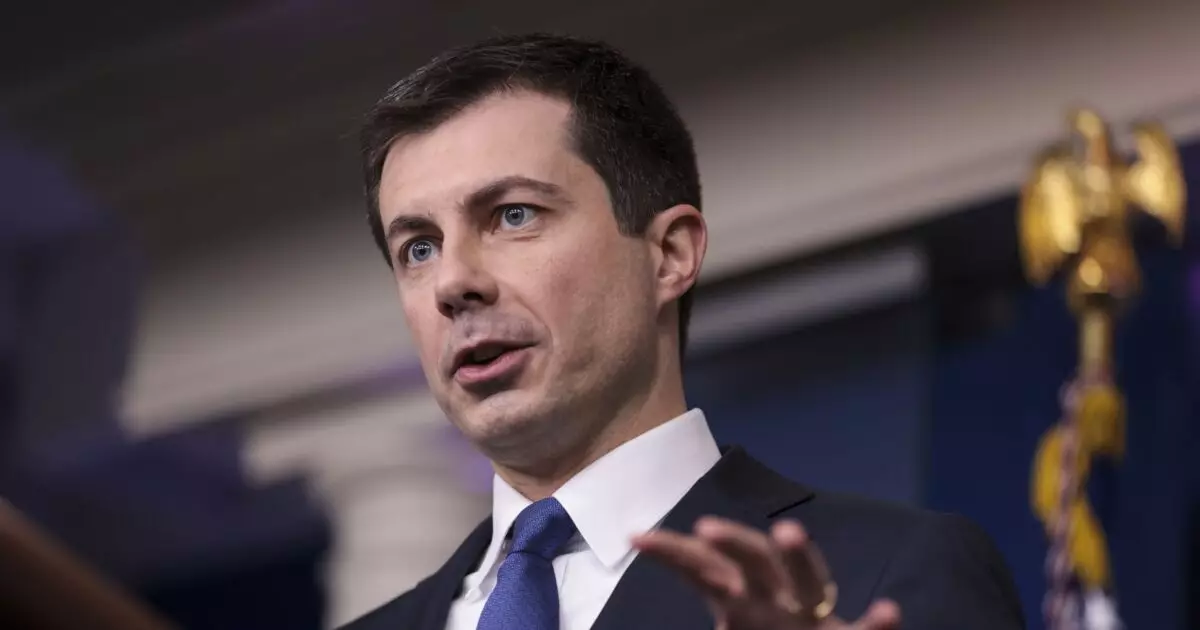Three Years In: The Last Push for Infrastructure Investment Under the Biden Administration

As the Biden administration celebrates the third anniversary of the Infrastructure Investment and Jobs Act (IIJA), it does so with a resounding announcement of $3.4 billion in new grants earmarked for vital transportation projects across the United States. This substantial financial commitment signifies not only a celebratory milestone but also a firm determination to ensure that the investment in infrastructure does not dwindle as the current administration nears its conclusion. Transportation Secretary Pete Buttigieg emphasized this urgency during a recent press conference as he outlined the administration’s ongoing commitment to optimizing the funds allocated by Congress.
Since its enactment, the IIJA, a transformative initiative valued at $1.2 trillion, has funneled nearly $570 billion into approximately 66,000 projects. This substantial investment highlights the administration’s commitment to revitalizing the nation’s infrastructure. However, the impending transition of power raises concerns about the future of these ambitious plans. Donald Trump’s forthcoming presidency poses questions about potential rollbacks of key programs, particularly those associated with sustainable transportation initiatives, such as the allocation for electric vehicle charging stations. The structure of the IIJA funding, primarily designed as advance appropriations, adds a layer of complexity to any attempts to reverse these initiatives, especially considering the appropriations extend until September 30, 2026.
The bipartisan nature of American infrastructure needs further underscores the importance of collaboration in addressing these challenges. During the announcement, both Democratic and Republican leaders expressed their commitment to working together in the future. Kentucky Governor Andy Beshear lauded the collaboration that led to the allocation of $1.6 billion in federal funds for the Brent-Spence bridge replacement, while Oklahoma City Mayor David Holt highlighted the readiness and willingness of local leaders to engage with both current and future administrations to further the objectives outlined in the IIJA.
The most recent $3.4 billion grants will be distributed across three primary initiatives: the Federal-State Partnership for Intercity Passenger Rail Program, the Safe Streets and Roads for All Program, and the Port Infrastructure Development Program. A significant portion of this funding, $1.5 billion, is directed towards enhancing 19 rail projects along the vital Northeast Corridor, emphasizing the administration’s focus on improving intercity transportation. Additionally, $1.2 billion will promote greener building materials, reflecting a commitment to environmentally sustainable practices in infrastructure development.
As the Biden administration continues to navigate the remaining months before a potential transition, the emphasis remains on maximizing these critical funds for the betterment of the country’s infrastructure. The IIJA not only serves as a foundation for rebuilding America’s aging systems but also fosters a spirit of collaboration across party lines. This strategic direction could forge a legacy of bipartisan support for infrastructure that persists long into the future, enhancing the quality of life for millions of Americans. The challenge will be to maintain momentum amid political shifts, ensuring that vital infrastructure initiatives remain a priority regardless of the administration in charge.





